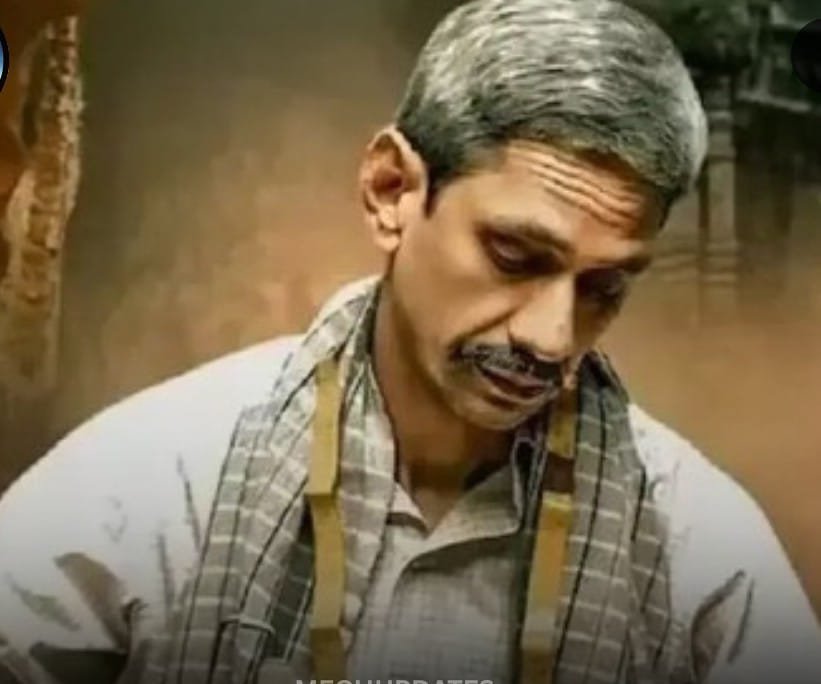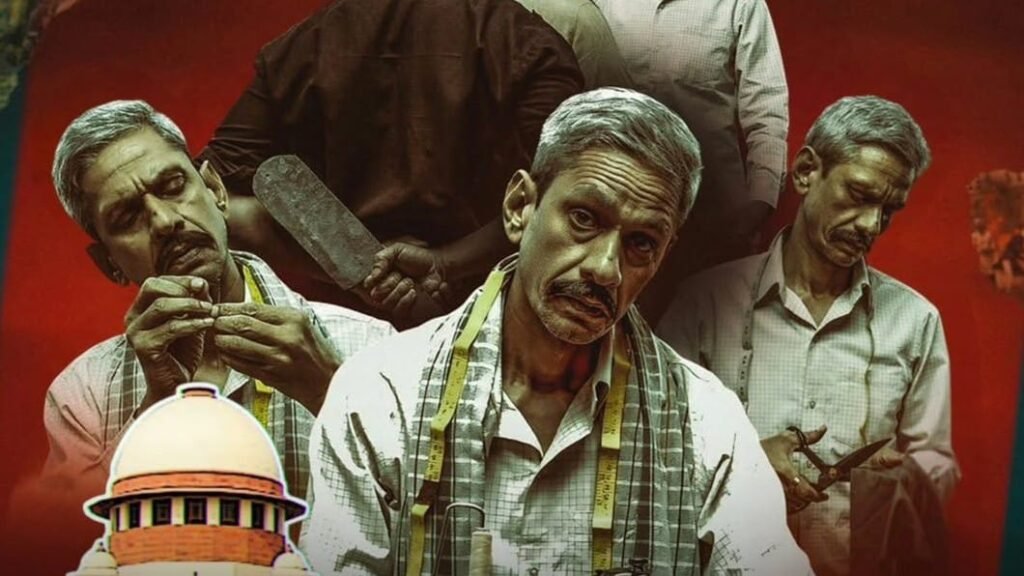Delhi High Court clears the release of ‘Udaipur Files’ based on the Kanhaiya Lal murder case, dismissing a plea to stop it. Know the verdict, reasons, and impact on Indian cinema.
The Delhi High Court has granted the release of the highly controversial film Udaipur Files, a film loosely based on the horrible Kanhaiya Lal murder case. The Court dismissed the plea against it from being release, even though there was a plea to issue an ORDER to prevent the release.
This matter has sparked discussions around the country–about right to free speech, about artistic license, about the intersection between cinema and pending legal proceedings. Let’s take a close look at what happened, why this matters, and how it may impact films on sensitive issues in the future.
Background: What is the Udaipur Files Movie About?

The Udaipur Files is inspired by the real-life Kanhaiya Lal murder case, which shocked the nation in 2022. Kanhaiya Lal, a tailor in Udaipur, was slaughtered on camera, during the daylight, while the police claimed it was a hate crime. The murder was sensationalized with daily coverage in national and international media, adding to outrage and heated debates on the issues of communal harmony and justice.
The Udaipur Files movie intends to dramatize and portray this tragic situation, while highlighting the larger issues of religious intolerance and the shortfalls of the enforcement of law.
Director’s Vision: According to the creators, Udaipur Files is not just entertainment – it is a cinematographic representation of a real-life event, which has serious implications for society.
Legal Challenge – Why Did the Release of the Cinema Get Challenged?
One of the accused in the Kanhaiya Lal murder petitioned the Delhi High Court to stop the release of Udaipur Files. The applicant thought that:
There was a danger of prejudice affecting the ongoing trial.
There is a limitation on the thinking and imaging of people at this stage, which is impacted by the portrayal, as what is portrayed is not actual factual circumstances before the court, but will have intended and unintended influence over thought and perception and that is beyond the filmmakers’ and judiciary’s control.
- Alien: Earth Streaming Secrets – Watch the Sci-Fi Sensation Without Paying
- Coolie Pre-Sales Triumph – Rajinikanth Sets a Benchmark No Tamil Film Has Reached Before
- 1.26 Lakh Tickets Gone! ‘War 2’ Day 1 Advance Booking Roars Past ₹17 Crore
The Court’s Decision – Constitutional Freedoms of Expression
In an important judgement, the Delhi High Court dismissed the petition and allowed the release of the film.
Court’s Findings:
No case on Face: The petitioners have failed to provide any serious foundation or evidence that the film really will interfere with the trial.
Judges Don’t Watch Movies: The decision iterates that judges are sworn to uphold the law, and they are trained to view and understand the records on an evidential basis. They cannot be prejudiced by an anthropomorphic depiction of what a movie depicts.
Course Corom: The cinema had already received certification from the Central Board of Film Certification (CBFC), which meant it passed and also more than moral content.
Producer’s Investment: The court noted the investment in the form of labour, money, and potential loss if the film was released was postponed.
Why This Decision Matters for Indian Cinema
The Udaipur Files judgment is more than the ruling on a film; it is a precedent on films that tell stories based on a crime in real life and those still ongoing.
Possible Implications:
Created a comfortable space for greater creative freedom: Filmmakers will no longer have to worry solely about a pre-release ban for the discussion of sensitive subjects.
Opening Audience Awareness: Films based on real-life incidents often create dialogue from the audience about social justice, social action, and social reform.
The legally framed boundaries: The court’s adoption of the test that unless a film is prima facie shown to impact a trial, a court may be inclined not to stop its release.
Public Reactions: Social Media Activity
Since the December 20th judgement, it is estimated that thousands of Twitter posts regarding Udaipur Files have occurred on social media (Twitter (X), Instagram, and YouTube). Good and not so good, with some posing it is a win for free speech, while others see it as a potential influence on public sentiment on the outcome and judgment of the ongoing trial.
Sample Public Reactions:
“Finally, the truth will be shown on the big screen. Well done, court!!”
“Hope filmmakers share the information carefully and not with sensational motives.”
The Road Forward for Udaipur Files
Given that the legal barrier has been removed, Udaipur Files is ready to finish post-production for a country-wide release. The advertising for this film will presumably seize the court’s ruling to position it as a battle for truth and creative freedom.
A Winning Moment for the Cinema, but with Caution
The Delhi High Court’s ruling to allow the release of Udaipur Files demonstrates the need to balance freedom of expression with judicial integrity. This ruling will give some encouragement to Indian filmmakers, but it also serves as a reminder that treating sensitive matters appropriately and factually, with a set of ethical responsibilities, is still a very real outcome of sensitive discourse.
FAQs
1. What is the Udaipur Files movie based on?
It is based on the murder of Kanahiya Lal from 2022. The focus of the film is not exclusively on Lal, but on the socio-political and communal facets of the situation.
2. Why was there a petition to stop it from being released?
One of the accused in the murder case rushed through my answer information here.
3. What did the Delhi High Court say?
The court ruled that, other than the petitioner, no proof was given that established that it would interfere with the trial, and gave permission for the film to be released.
4. Does this mean any real-life crime film can be released during a trial?
What happens in the weaker case will have to be said always!
When reading this, there’s not a hundred percent guarantee – courts decide in each case, one case at a time, relying on evidence of prejudice.
5. Is it a documentary or dramatization?
It is a dramatized version, based on factual events but given the “cinematic” element.



